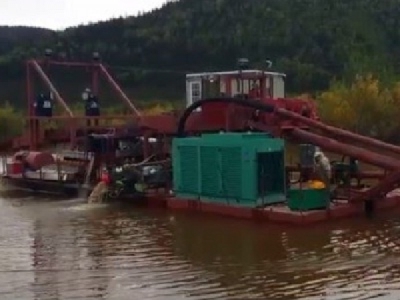
Posted on April 13, 2017
By Mark Freeman, Mail Tribune
A permanent ban on suction dredging in Western Oregon’s wild salmon habitat championed by the late Democratic Sen. Alan Bates passed out of the Oregon Senate on Monday and is headed to a House committee.
Senate Bill 3 garnered bipartisan support in Monday’s 21-9 vote, including Republican Sen. Alan DeBoer of Ashland, who now holds Bates’ former Senate seat and promised support for the bill in this round of the Oregon Legislature.
It bans suction dredging within wild salmon and steelhead spawning habitat in creeks and rivers deemed “essential salmon habitat.” That effectively bans suction dredges in the Illinois River, the Rogue River and its tributaries below Lost Creek Lake and the Applegate River and its tributaries below Applegate Lake.
The bill also bans dredging in habitat of Pacific lampreys, which are also present in the Rogue Basin.
The bill would repeal and replace the current moratorium on suction-dredge mining in salmon habitat that is set to expire in 2021.
Bates pushed a nearly identical bill in the 2016 session that died in the Senate Ways and Means Committee and never had a full Senate vote. Bates died in August of an apparent heart attack at age 71.
The bill now goes to the House Agriculture and Natural Resources Committee, which includes Medford Republican Rep. Sal Esquivel.
Esquivel said he has not read the bill and does not know how it will fare in the House committee, which Esquivel characterized as “conservationists” interested in protecting and enhancing Oregon’s wild habitats.
“We haven’t really talked about dredging,” Esquivel said. “We’ll wait and see the (Senate bill’s) end product when it gets over here.”
Suction-dredge mining employs a floating vacuum to suck gravel from a stream bottom. Materials vacuumed by the dredge then go through a sluice to allow miners to strain out gold and other heavy metals, while sand, silt and other fine materials are discharged into the water.
Wild-salmon advocates say the process damages spawning grounds and rearing habitat. Miners have argued that current laws already protect salmon and their habitat, and they have argued that no peer-reviewed study on suction dredging proves it ruins salmon habitat.
In 2013, the Legislature passed Senate Bill 838, which detailed new dredging restrictions, capped the number of dredging permits offered annually in Oregon and limited some of the times, locations and manner for how dredgers operate. It was designed to sunset at the end of 2015 to give the Legislature time to grapple with permanent rules, which never materialized.
That same bill included the current five-year dredging moratorium.
Source: Mail Tribune





